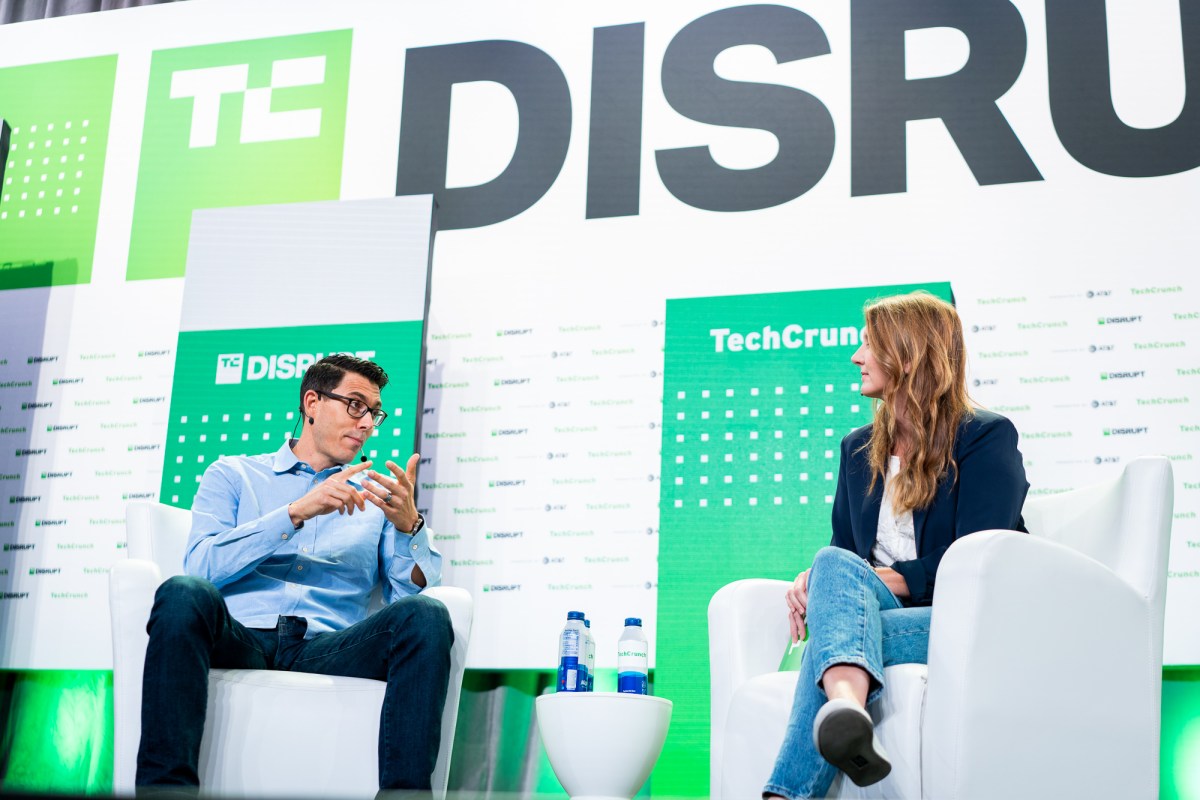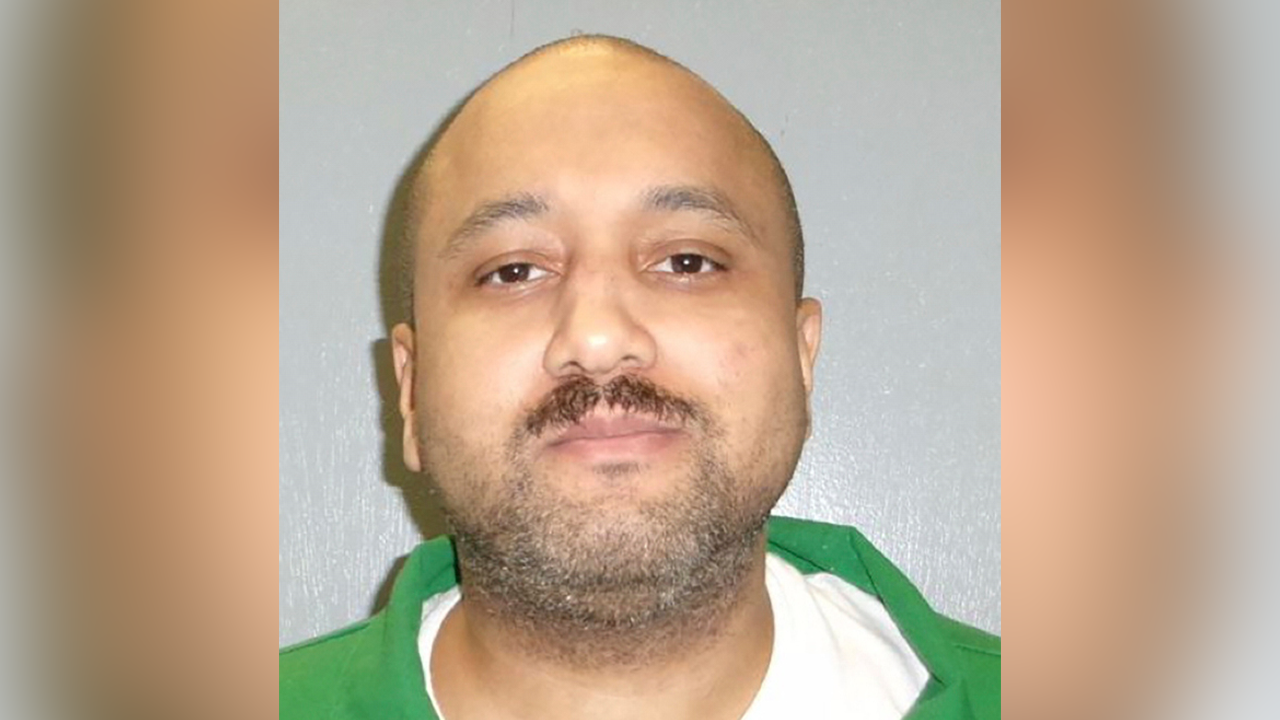Arouri, the second-in-command of Hamas’s political office, was killed in Dahieh, a densely-populated stronghold of Hezbollah, the Iran-aligned Lebanese militant and political group. A spokesperson for Hezbollah told The Post that the attack involved a drone armed with three rockets and said Israel was responsible.
Israel has not claimed responsibility for the attack and the Israeli Defense Force declined to comment.
A U.S. defense official, speaking on the condition of anonymity to discuss a sensitive matter, said the IDF was responsible for the strike targeting Arouri.
Danny Danon, a member of the Knesset from Israeli Prime Minister Benjamin Netanyahu’s Likud party, congratulated the IDF and Israeli intelligence agencies in a tweet Tuesday night “for killing the senior Hamas official Saleh Arouri in Beirut.”
“We will reach all those involved in the [Oct. 7] massacre and settle accounts with them,” he added.
Since Hamas’s attack into Israel on Oct. 7, Israel and Hezbollah have exchanged near daily rocket and artillery strikes along the Lebanese-Israeli border. More than 100 Hezbollah fighters have been killed in the exchanges, which have led to the displacement of over 23,000 residents in southern Lebanon.
Amal Saad, an analyst whose work focuses on Hezbollah, said the attack that killed Arouri is expected to lead to retaliation from the group. Hezbollah, she said, needs to determine how to respond without tipping the country into an all-out war.
“It’s calibrating a response that falls in between, and strikes the sub-threshold level,” Saad said.
Hezbollah’s leader Hasan Nasrallah had warned Israel in August against assassinations inside Lebanon. In a speech at the time, he said “any assassination on Lebanese soil that targets a Lebanese, Palestinian, Syrian, Iranian or others will certainly have a strong reaction.” He added that Lebanon will not become an arena “open for assassinations, and we will not at all accept changing the existing rules of engagement.”
Nasrallah is set to make another speech Wednesday, marking the anniversary of the U.S. killing of Qassem Soleimini, the leader of Iran’s Islamic Revolutionary Guard Corps’ elite Quds Force.
It was unclear how many people were killed in Tuesday’s explosion. Hamas said two leaders in the al-Qassam Brigades, its military arm, were killed. Lebanon’s national news agency said six people were killed.
Izzat al-Rishq, a member of Hamas’s political bureau, said shortly after the blast that Israel’s “cowardly assassination” against Palestinian leaders and people will not break their will.
Lebanon’s Prime Minister Najib Mikati said the attack was “a new Israeli crime that definitely aims to bring Lebanon into a new phase of confrontations.”
Israeli analysts said the targeted nature of the strike, and the fact that it did not appear to kill or injure any Hezbollah leaders, was meant to avoid drawing the Lebanese group into a broader war.
Mark Regev, an adviser to Israeli Prime Minister Benjamin Netanyahu, told MSNBC, “Whoever did it, it must be clear: That this was not an attack on the Lebanese state.”
“Whoever did this did a surgical strike against the Hamas leadership,” he said in the interview.
Yohanan Plesner, president of the Israel Democracy Institute, said it was in Hezbollah’s interest — and that of Iran, its sponsor — to avoid a full-fledged war with Israel. “I don’t think that this operation changes this calculation,” he said.
“It was also sending a signal to Hezbollah that Israel was targeting Hamas leaders and not Hezbollah capabilities and leadership in Lebanon,” he said. “So it’s not an escalation toward Hezbollah but rather an implementation of the Israeli intention to get at Hamas leadership.”
Claire Parker in Cario, Alex Horton and Bryan Pietsch in Washington, Miriam Berger in Tel Aviv, Ellen Francis and Mohamad El Chamaa in Beirut, Lior Soroka in Tel Aviv, Hazem Balousha in Amman and Hajar Harb in London contributed to this report.






